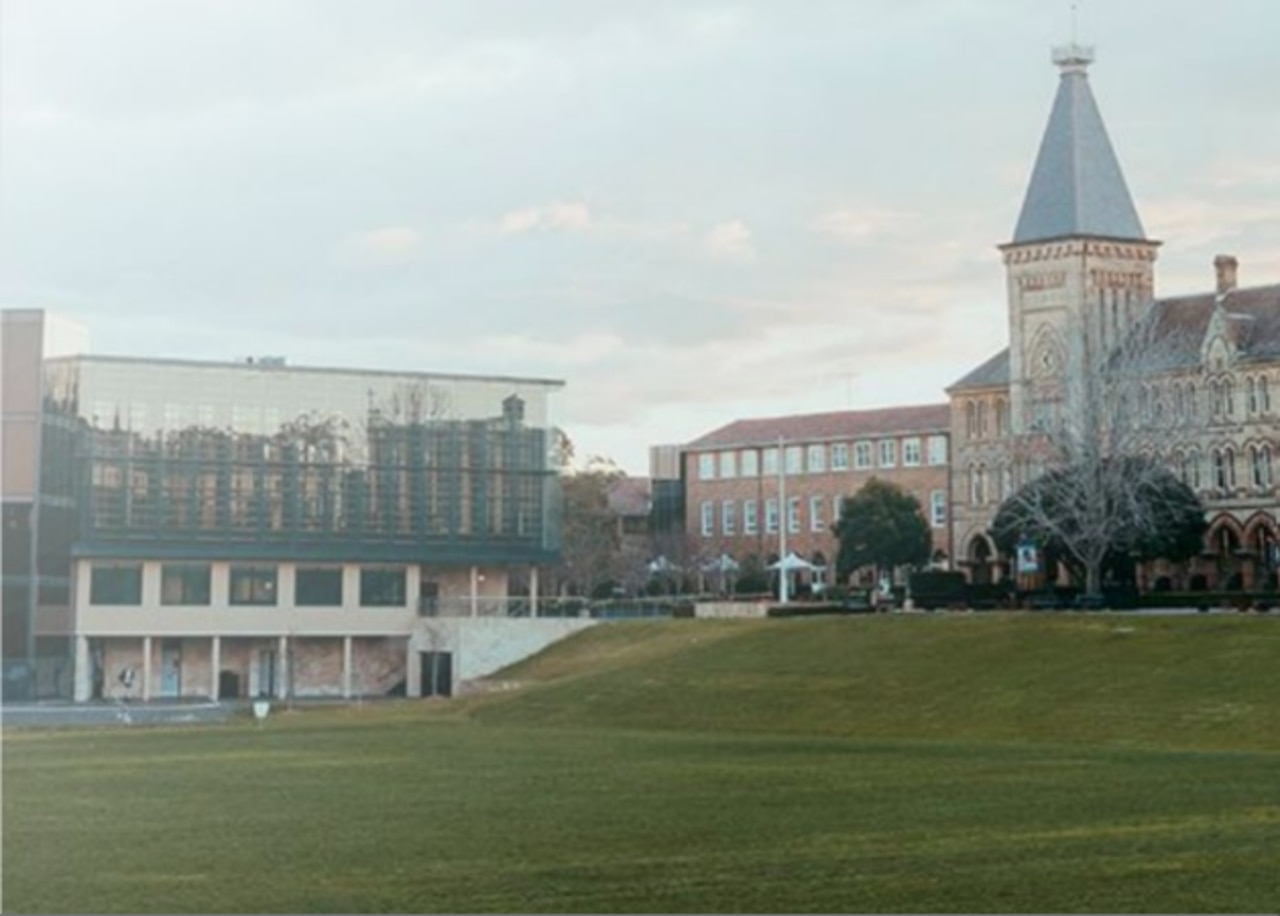Low aspirations the reason why poor students drop out
DIFFERENCES in school quality, including teachers, are "relatively unimportant" in explaining the chances of school completion.
DIFFERENCES in school quality, including resources and teachers, are "relatively unimportant" in explaining the chances of high school completion, which is determined more by the educational aspirations of students and their parents.
A Melbourne Institute study, Explaining the SES School Completion Gap, finds that six in 10 children from low socio-economic homes are expected to complete high school, compared with nine out of 10 students from affluent homes. The two most important factors that explained the gap were lower aspirations of low socio-economic status students and their parents, which accounted for more than 30 per cent of the gap, and lower numeracy and reading test scores at 15, which accounted for more than 20 per cent.
"Not only are low SES students less likely to want to go on and complete school (76 per cent compared with 90 per cent of high SES students), but they are less likely to report that their parents want them to go on to post-school study (58 per cent compared with 73 per cent)," the report says. Low SES parents were more likely to favour training courses, which have no school completion prerequisite.
Differences in school characteristics, such as resources, teachers, governance and peers, played only a "minor role", estimated to explain about 6 per cent of the gap.
But the report found that highly motivated teachers might have a greater impact on students from poor families than on students from medium or high-income backgrounds.
"One factor that is more important to the chances of completion of low SES students is learning being hindered by teacher-related factors affecting the school climate," it says. "All else being equal, teachers having a positive impact on school climate is estimated to have a significant positive relationship with the chances of completion among low SES students, but no significant relationship with other students."
Income inequality will be explored at the Securing the Future conference hosted by the Melbourne Institute and The Australian at Melbourne University on November 1-2.


